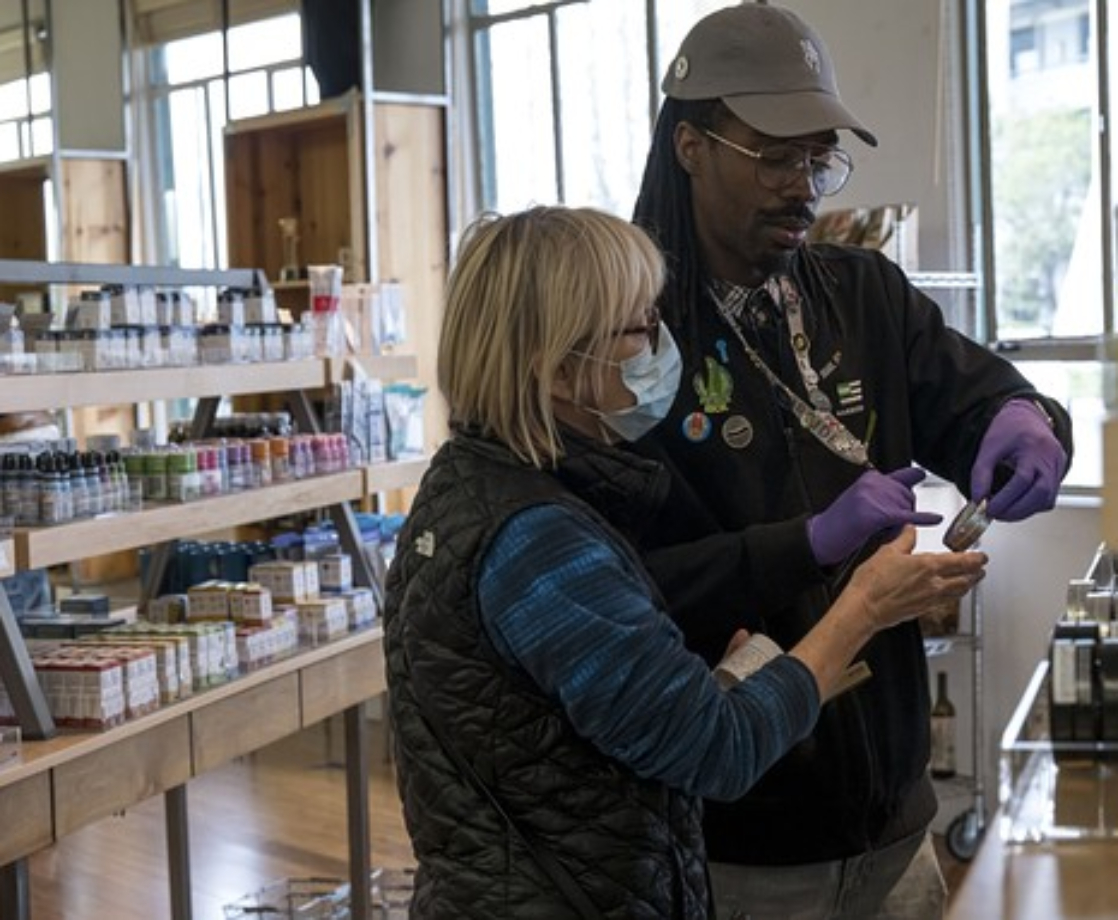Maine is finally ready to allow legal adult-use cannabis sales to begin next spring — nearly three and a half years after the state voted for legalization. After seemingly endless revisions, lawmakers in the Pine Tree State just barely managed to pass a bill governing the state’s adult-use market before their legislative session ended on June 20.
Last Thursday, Gov. Janet Mills signed this long-overdue bill into law. “Over the course of the last several months, my administration has worked quickly to implement the law regarding Maine’s adult-use recreational marijuana market as Maine voters asked the state to do two-and-a-half years ago,” Mills said, according to the Portland Press-Herald. “With this law, we are one step closer to honoring the will of Maine voters.”
It has taken an exceptionally long time for the state to honor the will of its voters, who approved adult-use legalization via a ballot measure back in 2016. Former Gov. Paul LePage, a vehement opponent of legalization, vetoed lawmakers’ proposed sales regulations two years in a row, hoping to delay the onset of legal sales as long as humanly possible. Lawmakers overturned the second veto last spring, but it took them until this spring to finally pass a finalized set of regs.
Implementing these new laws doesn’t mean Maine will be dripping in legal herb, however. In fact, the state is actually imposing some of the toughest residency requirements the cannabis industry’s ever seen. Regulators will only grant licenses to applicants who have lived in Maine for at least four years. Lawmakers also tried to prevent out-of-state companies from gaining control over the market, but eventually chose to back down on this restriction. Washington State has similar residency requirements, but only requires applicants to have lived in the state for six months.
“A few other legalized states started with residency requirements, like Colorado and Oregon, but changed them or repealed them in time,” explained Andrew Freedman of Freedman and Koski, a Colorado cannabis consultancy firm that helped Maine draft its new regulations, to the Press-Herald. “It can be hard to get legitimate capital investment in the market because friends and family quickly run out [of funding], and they can’t get traditional bank loans.”
Unlike other adult-use states that allow local governments to “opt out” of allowing legal pot businesses to open in their jurisdictions, Maine requires individual municipalities to “opt in” to the legal weed market. To date, only 15 of the state’s 455 municipalities have done so, but more local governments may decide to move forward now that the regulations are finalized.
The new law will take effect within the next 90 days, but regulators estimate that the market will not be ready to launch until March 2020. The state still needs to implement its tracking and licensing systems and issue business licenses before growers can even begin planting seeds.
Once legal weed shops finally open their doors, the state expects to see $22 million in sales within the first three months. Sales are expected to grow to $84 million in the 2020-21 fiscal year and then hit $166 million in 2022-23. By 2023, the state expects to make $33.2 million in pot tax revenue, thanks to the 10 percent sales tax and the 10 percent excise tax imposed on every sale.











